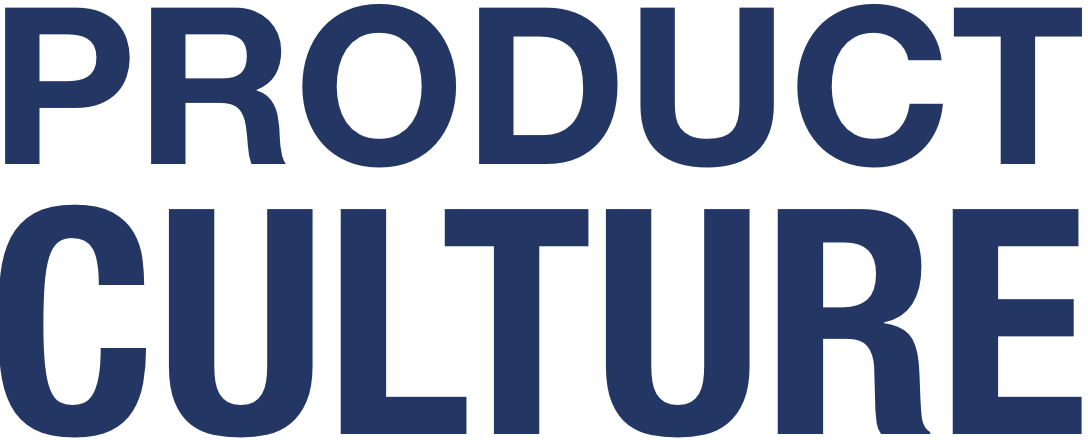In a famous example, Facebook found that users who add at least 7 friends in their first 10 days on the app tended to be more engaged and stay with the product longer. This led them to set an Objective of getting more new users to add more friends right away. The product team then went about testing various changes to the onboarding experience to encourage adding friends early.
Read moreONE THING on Objectives: Yours and Everyone’s
While you want to make critical decisions on product strategy, direction, and priorities, you cannot do so in a vacuum. You need to reach out to other departments and get everyone on the same page.
Read moreONE THING on Sneaky Workshopping
Workshopping is a technique for working with a group of people to create something together. It’s used by the most effective product leaders to generate ideas, solicit feedback, and gain alignment with stakeholders.
Read moreONE THING on Roadmap Data
As your product grows, your approach to data collection will likely become more sophisticated. Lack of revenue growth will tell you something, but only when it’s too late. Try to go deeper.
Read moreONE THING on Multiple Roadmaps, oh my
Some of my dear readers have multiple products with multiple roadmaps, called a portfolio or product line. Hopefully, the products are complementary to each other. Each one should add to profitability and the whole should be greater than the sum of its parts.
Read moreONE THING on a Dirty Word
MVP (Minimum Viable Product) has become a dirty word. In The Lean Startup, Eric Ries defines MVP as “that version of a new product which allows a team to collect the maximum amount of validated learning about customers with the least effort.” Somehow, this has come to mean “let's ship something, anything, no matter how crappy.”
ONE THING on the Narrative
A narrative is a well-thought-out argument that uses precise communication to sell a specific idea. To create one that sticks, treat it like a product: it needs to be designed, built, tested, and iterated. If you get good at creating narratives, you will bring people together.
Read moreONE THING on Hidden Power
I once reported to a charismatic CEO, following his lead on most things. Over time, however, I realized that to gain the necessary support and funding for anything significant, I needed the buy-in of the CFO. Decisions became quicker, easier, and more durable with that realization.
Read moreONE THING on Everyone Wants It Now
Now, don’t all talk at once. Sometimes you have a lot of stakeholders who all want different things from you, all at the same time. Sigh.
What to do? It depends on what phase your product is in:
ONE THING on Enrolling your Team
Many engineering teams think of their product person as separate. Most know they are supposed to take input and insight from you, but they still think of you as a guest in their meetings. Some tech leads will redirect resources or even overrule you if they think you're wrong.
Read moreONE THING on Why Again?
Sometimes you get roadmap “special request” for just one customer, partner or potential sale. If the request would adjust the roadmap, try asking there questions:
Read moreONE THING on Encroaching
Ever need something done for your product and there is no one around to do it? Product people often jump in, right? But this may make some prickly stakeholders wary. Why are you encroaching on their territory?
Read moreONE THING on Getting to No
Sometimes you need to get creative when saying “no” — on the roadmap or in life. Counterintuitively, saying “yes” to a few small requests makes it easier to say “no” when you really need to. A clever product person will leave some roadmap capacity flexible for “small wins.”
Read moreONE THING on Roadmaps and Stakeholders
To gain alignment on your roadmap, meet your stakeholders early and often. This ensures that stakeholder feedback is delivered early enough for co-creation of the problems, priorities, and possible solutions on that roadmap.
Read moreONE THING on Not as Smart as We Think
Your outputs are your what - features or other improvements. Your outcomes are your why - the impact you want to have. We think we know what will drive outcomes, but we're wrong often enough that Steve Blank and Eric Reis popularized the whole Lean Startup movement.
ONE THING on Introverts and Stakeholders
Even if you are an introvert, you don’t have to become a cheerleader or channel your inner stand-up comedian to connect with stakeholders. You can start small and have deeper conversations over time.
ONE THING on Don't Set and Forget OKRs
Objectives and Key Results (OKRs) are meant to help inform decisions within the quarter. Progress should be measured at least twice per month to determine if what you are doing needs to be adjusted to meet the goal.
Read moreONE THING on Patriotism
In case you haven't noticed, the US has been more polarized recently. This upcoming election will be another fight. Are we really this divergent? Or is it media/social media?
ONE THING on Too Many OKRs
OKRs are not your backlog. They don’t include everything you plan to do, only the most important things you want to focus on right now. Teams cannot concentrate on more than a handful of things at once. I have seen teams with dozens of OKRs. Invariably, they fail all of them for lack of focus.
Read moreONE THING on Aligning with Hostile Stakeholders
Say you have a belligerent stakeholder. (How could that be?!) Some tips we’ve amassed over the years…
Read more